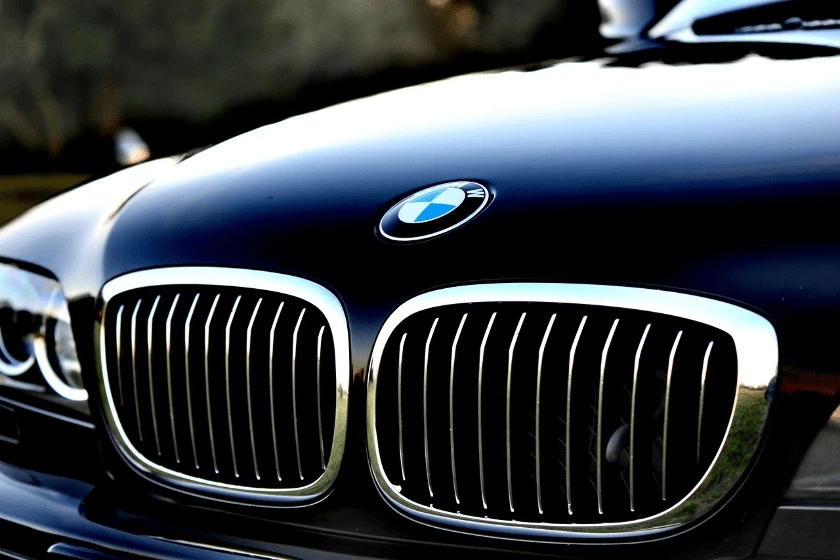BMW’s CEO, Oliver Zipse, has expressed optimism regarding a forthcoming agreement between the European Union and the United States on auto import tariffs. According to Reuters, the anticipated deal may include a “netting mechanism” that offsets imports with exports, potentially benefiting companies like BMW with significant U.S. production operations.
Read also: Impact of Trump’s 25% Tariff on Autos and Computers
During a company event in Munich, Zipse highlighted the potential benefits of such a mechanism for BMW, which operates its largest production site in Spartanburg, South Carolina. The mechanism could consider the value of exports from the U.S. market, projected to exceed $10 billion for BMW in 2024, rather than merely the number of vehicles exported.
BMW, recognized as the largest car exporter in the U.S., exported approximately 225,000 vehicles from the country in 2024. This strategic positioning could be advantageous if the proposed mechanism is implemented. The ongoing negotiations, involving a letter from the U.S. administration under Donald Trump, aim to clarify tariff levels on European automotive exports. As talks progress, European carmakers remain hopeful for a resolution that mitigates the impact of hefty tariffs on car imports to the U.S.
IndexBox data indicates that the U.S. automotive market is a critical component of the global automotive industry, with significant import and export activities shaping market dynamics. The potential agreement could also positively influence the import of auto parts, further strengthening the transatlantic trade relationship.

